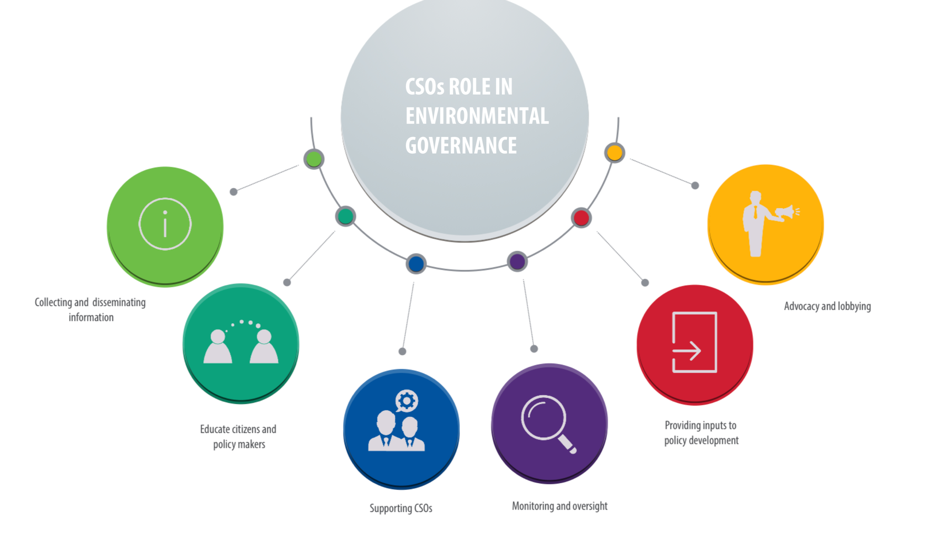All the Western Balkan countries have in common the fact that the environment is under various types of pressure. Some of these are global while others are clearly local, such as the impact of tourism on the coastal environment or traffic pressure in urban centres.
Despite this, the countries of the Western Balkans have many opportunities to achieve a more sustainable development. The transition process allows them possibilities to establish institutions and develop legislation that is environmentally sound, promotes good governance, and uses the emerging civil society as a factor in delivering sustainability.
The role of civil society and its institutions (such as NGOs) is crucial to the engagement and involvement of wider society and the actual attainment of sustainability. Without them any initiative is liable to be one-sided or top-down, with a subsequently lower chance of success.
It has become evident that grassroots work with municipalities, local organisations and people may bring about the best results for the implementation of sustainability principles in practice. As such, citizen-based, small-scale demonstration projects, the changing of production and consumption patterns, alternative plans for waste management, and the protection of cultural values through enhancing nature conservation may show the way forward. Civil society and its representatives (i.e. NGOs) are therefore key stakeholders in meeting the goals of sustainable development and driving such development in practical terms.
A lively and vibrant civil society contributes to a more open, participatory and thus more dynamic democratic society. For this reason, the European Commission encourages citizens to actively participate in social and political life. A dynamic civil society can contribute to the accession process becoming more than a technical process between the candidate country’s and the EU’s institutions.
This should be a process driven by citizens, and making the institutional, political and economic changes that are part of the accession process more understood and sustainable.
The European Union and its various components recognize in their documents and declarations this role of the civil society that should lead to a significant support to governance and development efforts. The Commission’s policy for civil society in candidate countries and potential candidate countries was formulated in the 2007 Enlargement Strategy and outlines a specific Civil Society Facilities (CSF).
What are the possible roles of the CSOs to support the approximation process to environmental acquis?
CSOs have the most impact in raising awareness among the public through campaigns; demonstrating positive examples from other cities; and also in supporting better decision making by ensuring the enforcement of laws, regulations, and planning and consultation processes.

